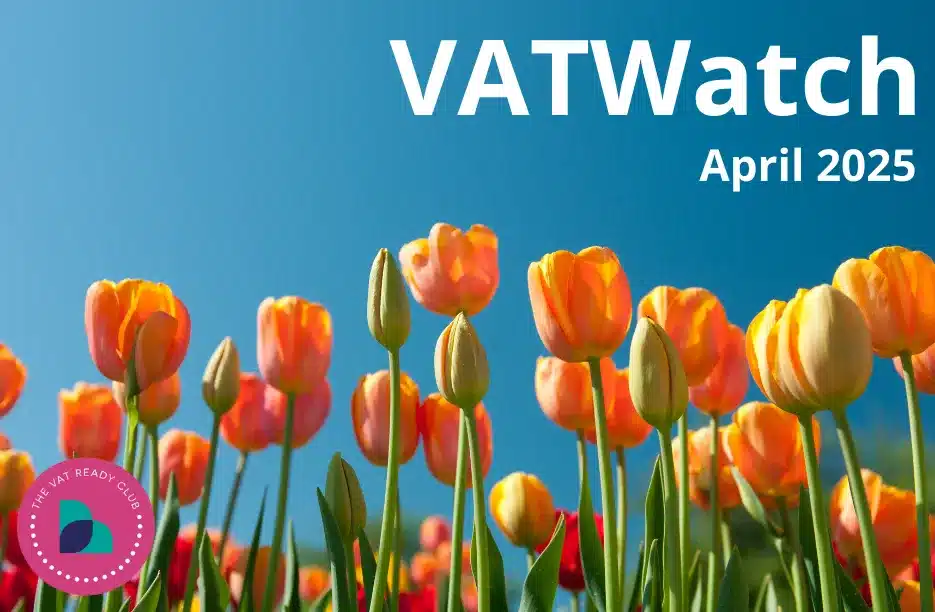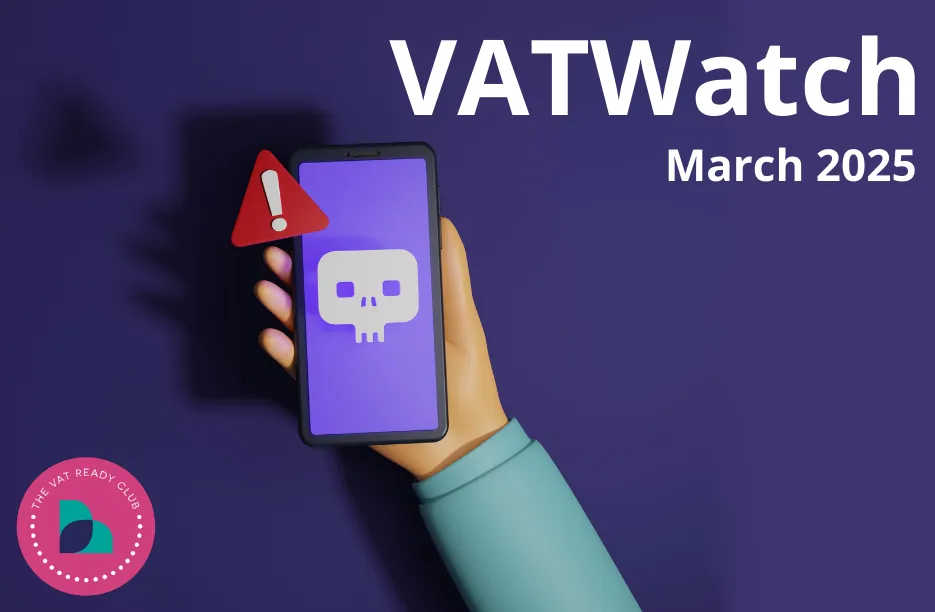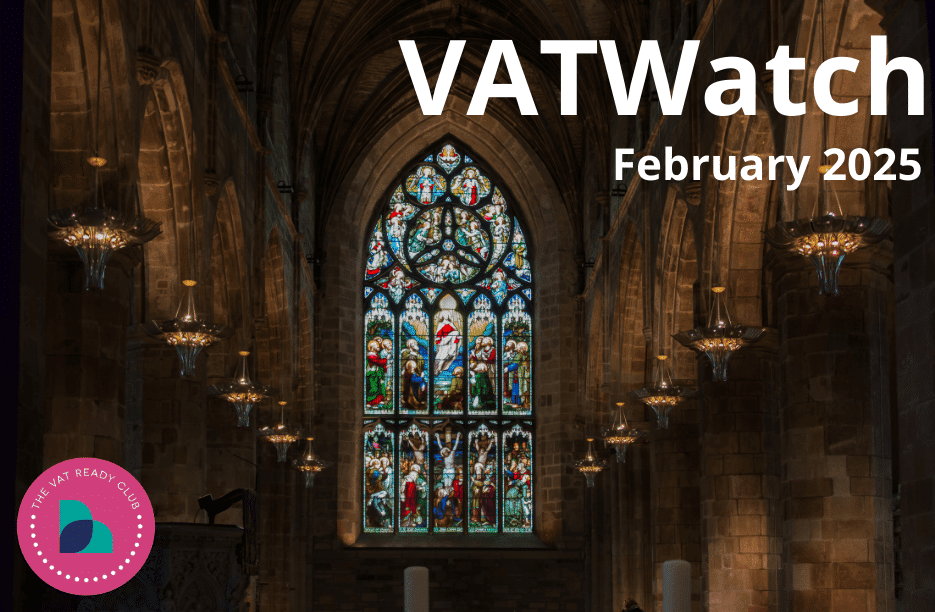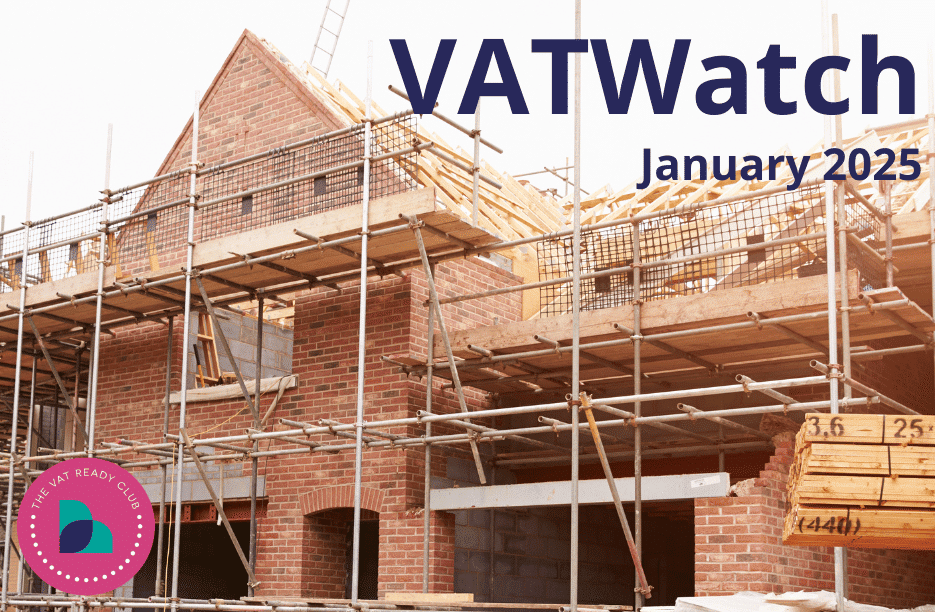Changes to sales of goods to the EU from 1 July |
|
With effect from 1 July 2021, the VAT treatment will change for goods imported into the EU and Northern Ireland where the consignment value is below €150. From that date, the seller will be required to charge and account for VAT based on the country in which the customer belongs. That means that VAT will be chargeable at 21% for sales to Belgium, 25% for sales to Denmark, 20% for sales to France, and so on. To save a business having to register in each EU state to which they make sales, there will be a new opt-in Import One Stop Shop (IOSS) which will allow monthly reporting and payment of the VAT. This will usually need to be done via an EU intermediary and I am currently working on being able to offer this service. For sales made via online market places (OMPs), the VAT and IOSS return will usually be dealt with by the OMP. |
Installation of Blinds in New Builds |
|
Relief is generally available for building materials incorporated into a new build dwelling, either by way of zero rating by the developer, or by a DIY claim in cases of a self build. The relief covers items such as timber, bricks, glass, kitchen units, baths, sinks, etc. Certain goods have been specifically blocked from relief such as fitted furniture and carpets. The First Tier Tribunal has now found that manual window blinds and shutters do qualify as building materials and should therefore qualify for the VAT relief. The changes do not apply to curtains or to motorised blinds or shutters. The policy change applies with effect from 5 October 2020 and businesses which have not recovered VAT, but should have, will be entitled to make an error correction claim. |
Juice Cleanse Programmes |
|
Under VAT law, the majority of food is zero rated but there are some exceptions, such as beverages, which are standard rated. Whilst most drinks are beverages, some drinkable liquids (for example some liquid foods) are not beverages and are zero-rated for VAT purposes. The Core operates a juice bar which offers juice cleanse programmes comprising fresh drinks made by juicing raw fruits and vegetables. The programme is based on the consumption of 4 × 500 millilitre bottles of juices and smoothies per day and is run over a number of days – for example, a customer might undertake a 5-day juice cleanse programmes whereby meals are replaced by 4 juice cleanse programme juices and smoothies each day. The Tribunals considered this and concluded that these drinks were meal replacements rather than beverages and should be zero rated. HMRC has published a brief suggesting that questions to be considered when establishing the liability of this type of liquid should include:
|
Electric Vehicle Charging Points |
| As electric cars become more common, HMRC has been approached by many interested parties to provide guidance on the VAT treatment of electric vehicle charging points. HMRC’s view is that supplies of electric vehicle charging through charging points in public places should be charged at the standard rate of VAT. There is no exemption or relief that reduces the rate of VAT charged. The brief also covers examples of how to establish how much of the VAT incurred is recoverable when the vehicle is charged for business purposes. |
Fuel Scale Charges |
| HMRC has published the list of fuel scale charges which apply for periods beginning on or after 1 May 2021. |
Call for Evidence: VAT Land Exemption |
| HMRC has released a consultation in connection with the VAT treatment of land & buildings. This is in response to the 2017 report by the Office for Tax Simplification which highlighted the complexities in the VAT treatment of land and property. When the legislation was originally written, supplies of land & property were exempt from VAT apart from 4 exceptions. Over time, the rules have changed and there are now 15 exceptions and 26 sets of notes! HMRC acknowledges that businesses can spend a disproportionate amount of time and money to establish the correct liability of a property transaction. The questions on the existing rules are:
Some suggestions to simplify the rules are:
Responses are required by 3 August 2021. The VAT Practitioners’ Group is putting together a response to the consultation so, if you have any suggestions or comments, please let me know and I will feed it back to those preparing the response. |




